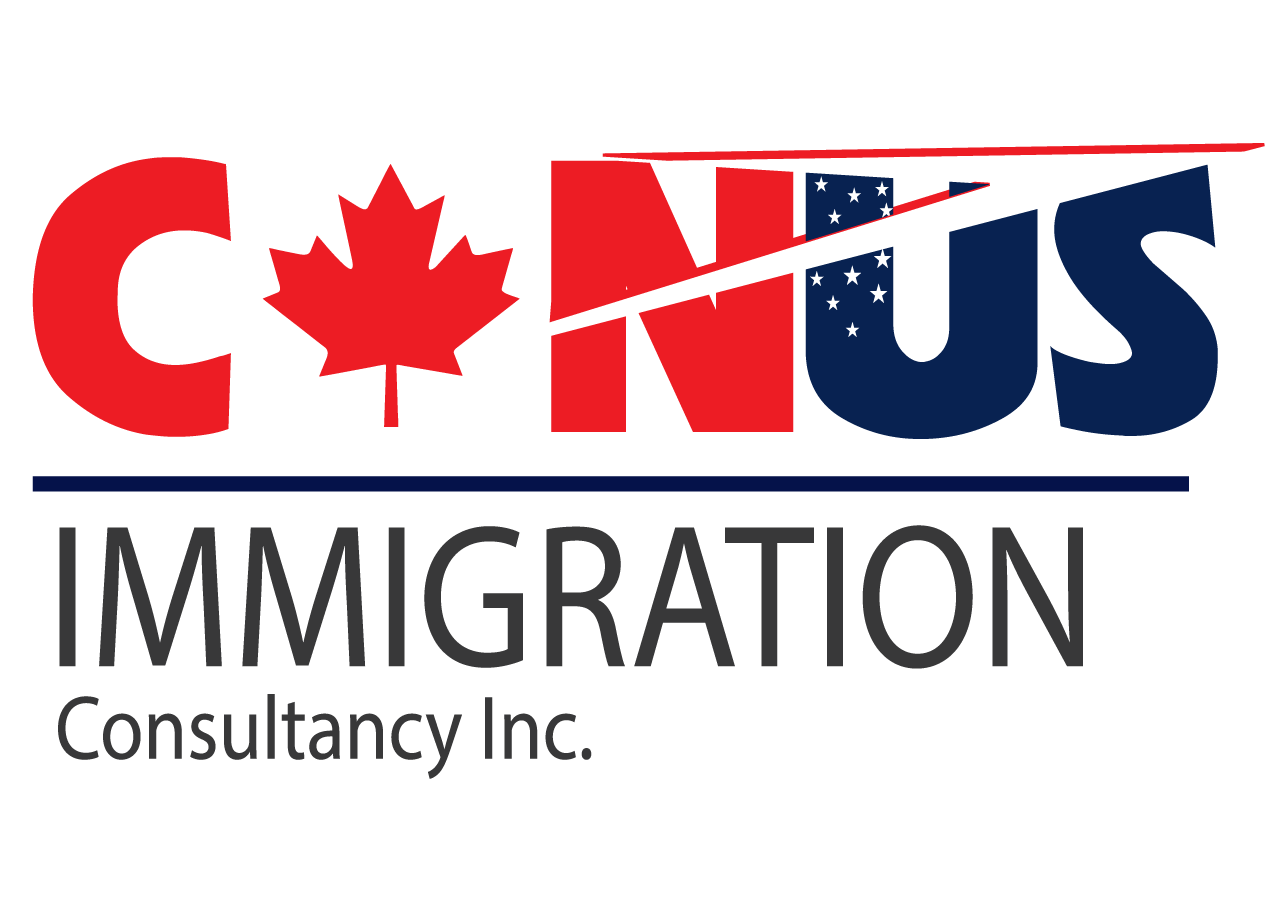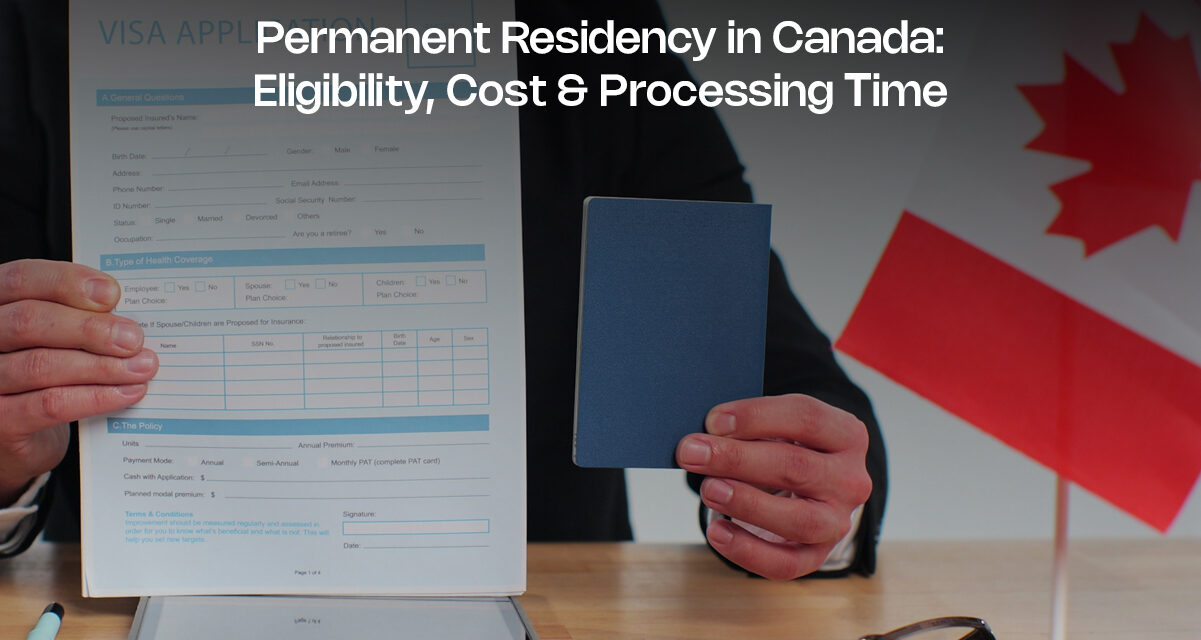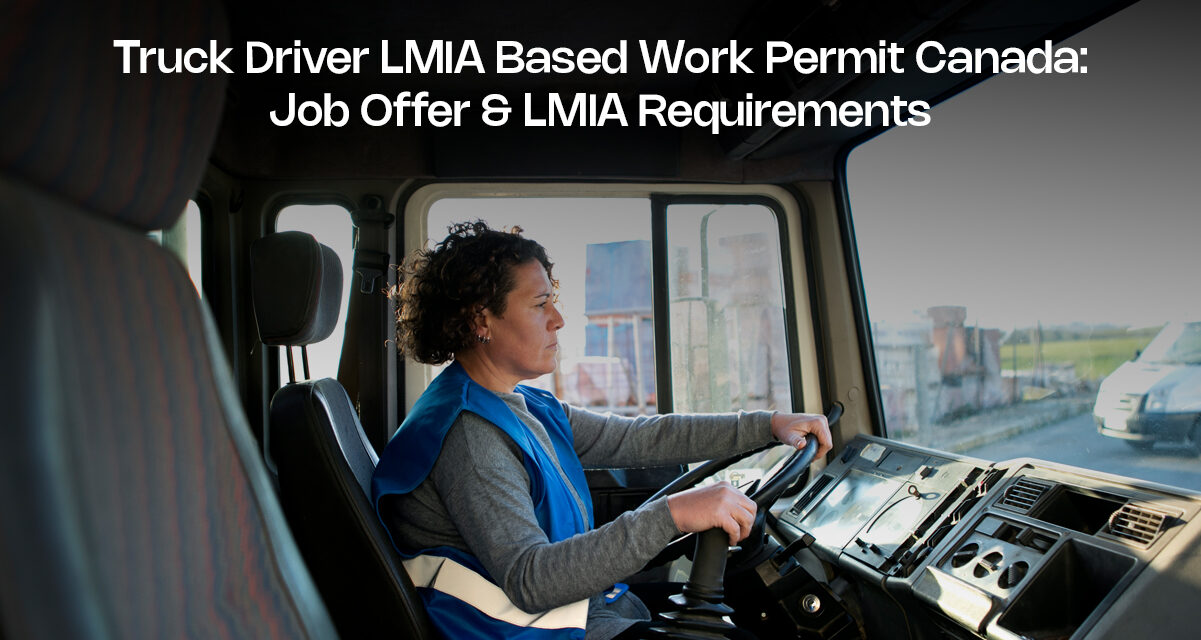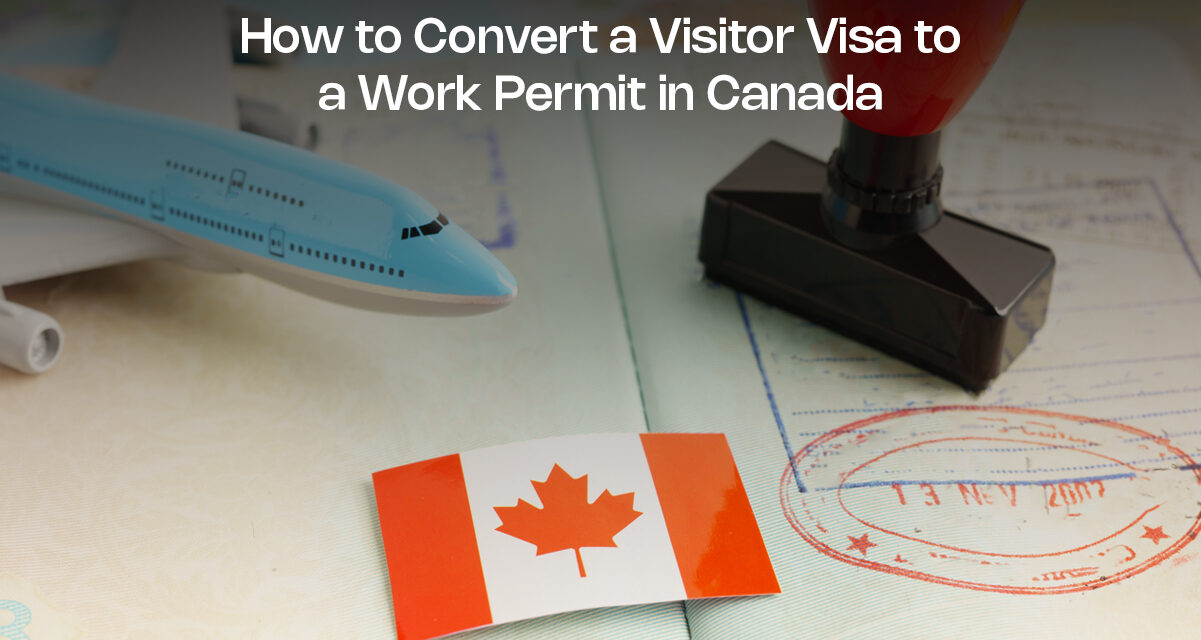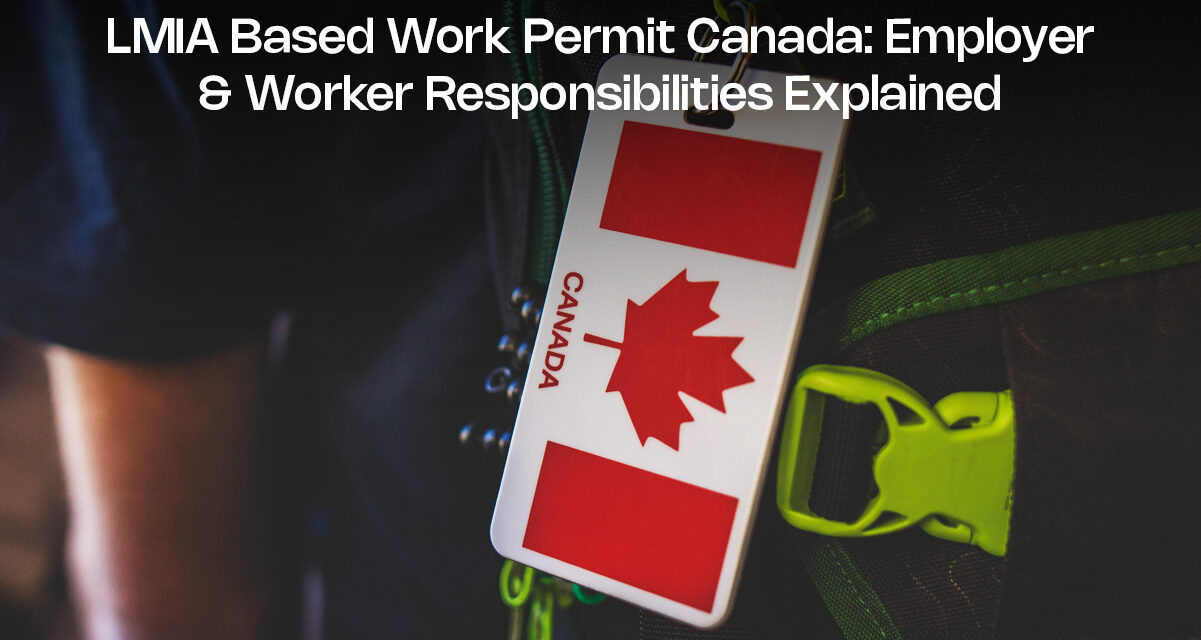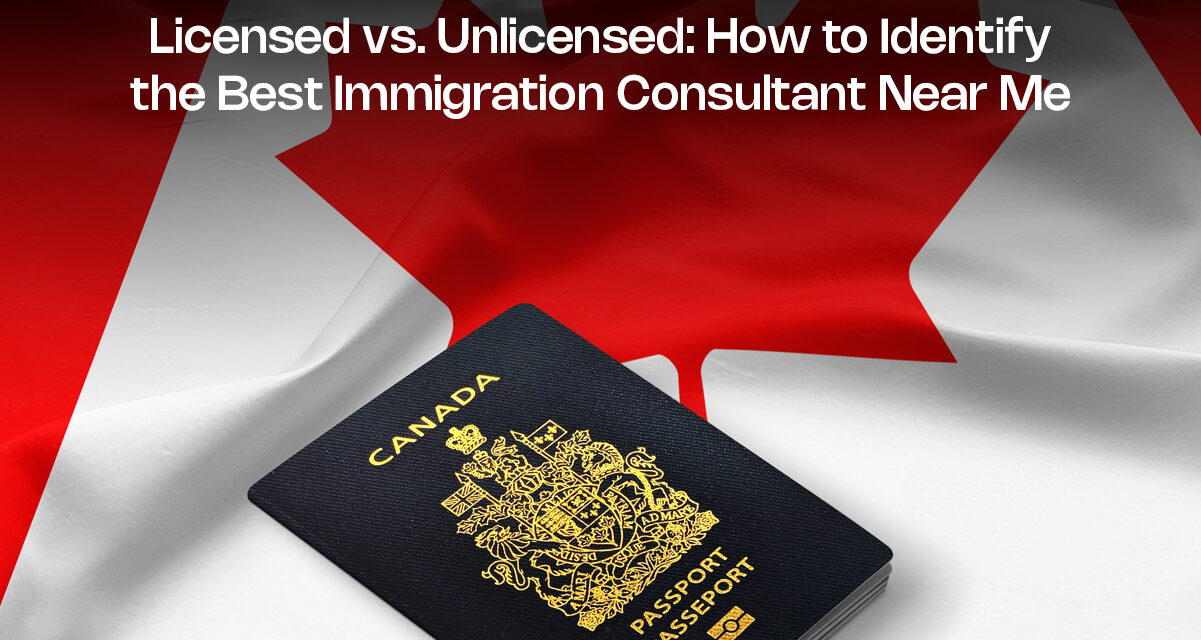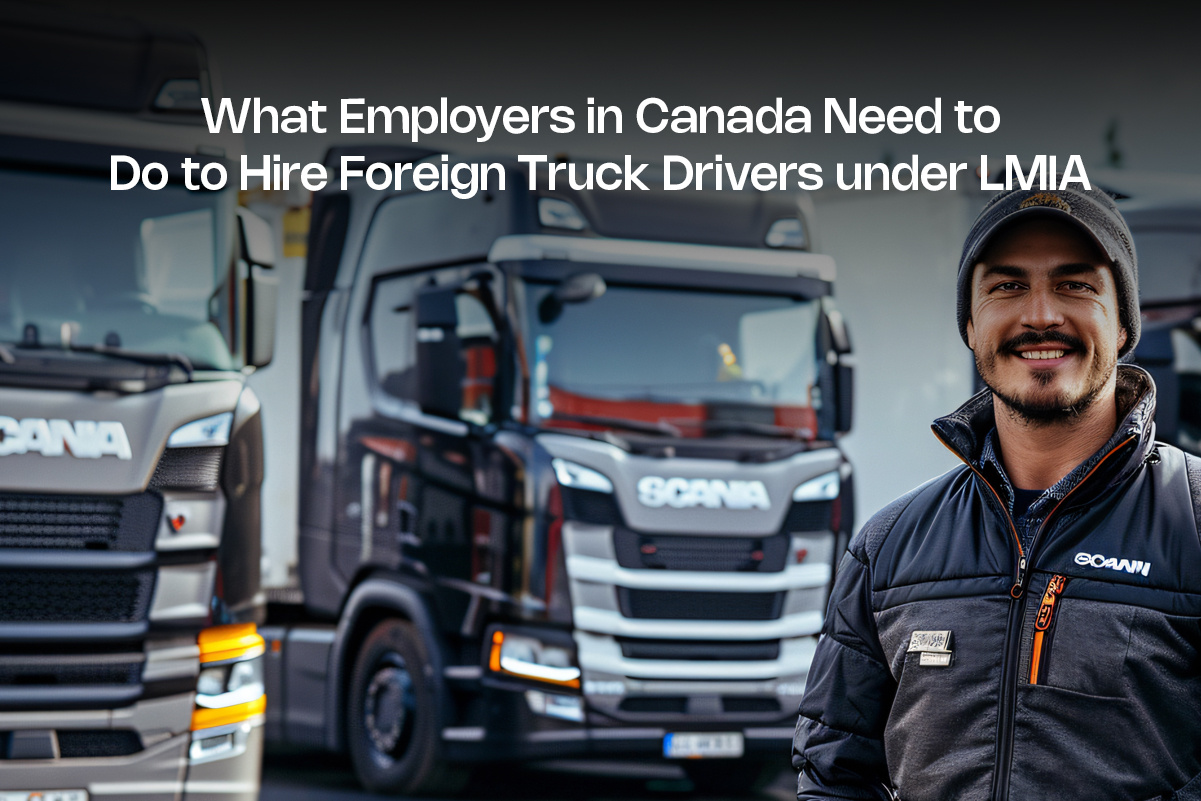Permanent Residency in Canada: Eligibility, Cost & Processing Time Canada welcomes immigrants from around the world. The country offers many ways to get permanent residency. You can apply as a skilled worker, student, or family member. Knowing the process helps you plan better. Permanent residency gives you many benefits. You get healthcare and education access....
Truck Driver LMIA Based Work Permit Canada: Job Offer & LMIA Requirements Canada needs more truck drivers. The country has thousands of open positions right now. This creates great chances for skilled drivers from other countries. You can work legally in Canada through the LMIA work permit program. This program helps foreign workers fill important...
How to Convert a Visitor Visa to a Work Permit in Canada You came to Canada as a visitor. Now you want to stay and work. Recent rule changes affect your options. Understanding these changes saves time and stress. Canada ended a special policy in August 2024. That policy lets visitors apply for work permits...
LMIA Based Work Permit Canada: Employer & Worker Responsibilities Explained Canada welcomes foreign workers through its work permit programs. The LMIA based work permit Canada system helps employers hire skilled workers. This system creates jobs while protecting Canadian workers. Employers and workers both have clear duties. Knowing these duties makes everything easier. Good preparation leads...
Licensed vs. Unlicensed: How to Identify the Best Immigration Consultant Near Me Moving to a new country changes your life. The immigration process has many forms and strict rules. One wrong step can delay your dreams for months or years. Many people search for help with their move. Finding someone who knows the system well...
LMIA Based Work Permit Canada: The Fastest Path to a Canadian Job Offer It’s exciting to move to Canada because of its beauty and living standards. But the immigration process confuses many people. Different permits exist for different situations. Work permit is one of the popular ways to start your journey. Understanding your options helps...
Best Immigration Consultant in Mississauga – Trusted by Local Families & Newcomers The immigration business has always been tremendous in Canada. That’s why there are so many consultants and agencies. Even outside Canada, there are many. Immigration to Canada is exciting but it involves a lot of preparation and paperwork. You can’t take it alone...
How to Appeal a Refused Work Permit Application in Canada Getting a work permit refusal letter feels like a punch to the gut. We’ve seen countless people open that email with shaking hands at Canus Immigration. The dreams of starting fresh in Canada, the job offer waiting, the plans made. Everything suddenly hangs in balance....
Student Visa to Canada: Pathways to Permanent Residency Canada opens its doors to international students every year. You can study here and build a life afterward. The path from student to permanent resident is clear and achievable. Many students turn their study permits into permanent residency. This guide walks you through each step. You will...
What Employers in Canada Need to Do to Hire Foreign Truck Drivers under LMIA The demand for truck drivers in Canada is growing every day. The country faces a big shortage. Many employers now look to other countries to find good drivers. This is not new, to be honest. If you want to hire foreign...
